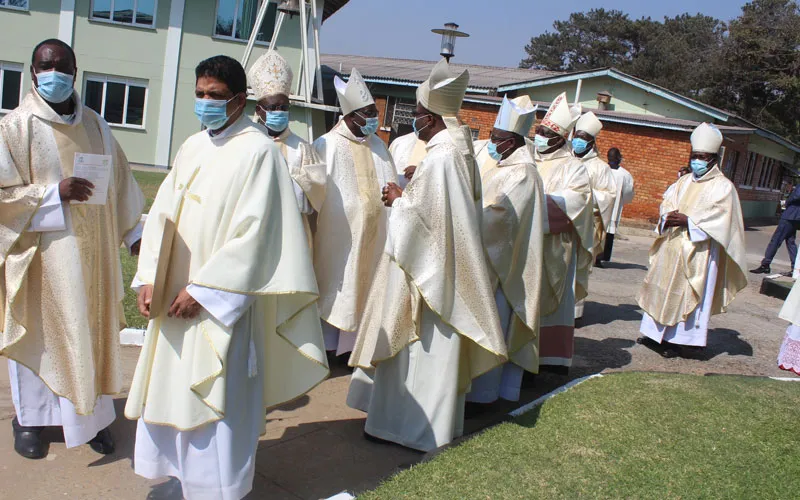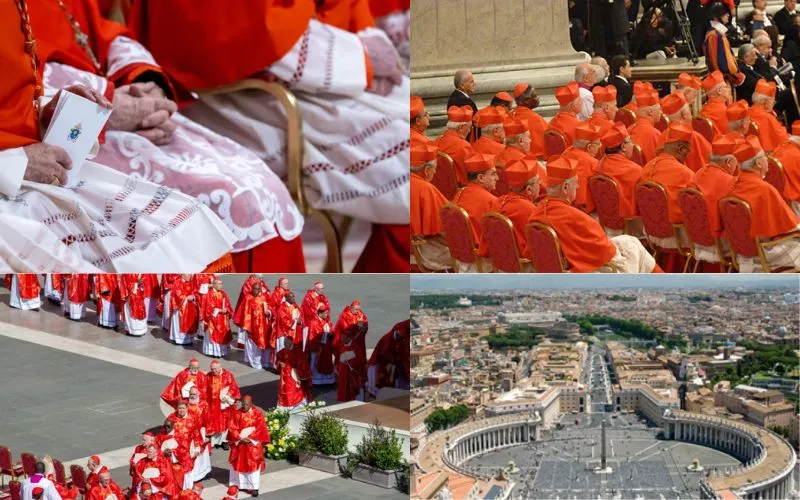They say the claim that the Ministry of Health has dispatched medication to health facilities “cannot be substantiated as the information concerning the availability of medicines in both urban and rural health facilities does not correspond to the reality on the ground.”
Most patients are not given medicines at public facilities but instead are given prescriptions to go and purchase the drugs from private pharmacies “where they are very expensive and out of reach for the poor Zambians,” ZCCB members say.
They underline the need for the health of the Zambian population to be not only regulated but also supported, saying, “Health of the citizenry is cardinal to the productivity of the nation.”
While they acknowledge with appreciation the establishment of the National Health Insurance Management Authority (NHIMA), ZCCB members say that the implementation of the insurer “leaves much to be desired and the government is encouraged to look at its operation with the urgency it deserves.”
They push for the revision of the procurement policy “in order to facilitate the acquisition of medicines and other hospital equipment.”
(Story continues below)
In their November 18 collective statement shared with ACI Africa, the Catholic Bishops also express concern about regional and tribal sentiments that political leaders in the country seem to foster.
“The political situation in Zambia is still characterized by the continued politicking and trivializing of important national matters by political leaders at all levels. Regional and tribal sentiments still enjoy a center stage in the country's political circles,” they lament.
To address the challenge of “regional and tribal sentiments”, Catholic Bishops in Zambia push for “a genuine, inclusive and democratic national reconciliation in the country where political leaders ought to realize and appreciate the fact that their priority should be that of serving Zambians.”
They say that the government should be on the forefront in eliminating the "tribal" talk and sentiments in the country.
On matters education, Catholic Bishops in Zambia highlight some gaps in the country’s free education policy, which hinder its implementation.
They say in reference to the free education policy, “Its implementation was rushed without preparing much needed room and desk-space for the overwhelming newly enrolled pupils. The number of teachers in schools has not changed much while the pupil population has doubled or tripled making teacher-learner ratio disproportional.”
They address the issue of land tenure and security in the country, saying, “The conflict between the idea of communal ownership of land under customary tenure and individual ownership under the leasehold tenure has continued being experienced and unfortunately, many people demean and undermine customary tenure system.”
Amid challenged around land tenure in Zambia, ZCCB members say, “the country continues to face challenges such as selling of bare land, land displacements, land encroachments, land disputes and failure of women and other vulnerable people to access land.”
As a way forward, the Catholic Bishops call upon the government to “put in place deliberate measures to fully protect customary land administration systems without abrogating human rights. Individual rights over land should not override community interest.”
They also highlight the challenge of corruption as a hindrance to progress of the country.
“We believe that policy pronouncements must be supported by affirmative actions and without that they end up making the fight against corruption incomplete and just a mere political rhetoric,” Catholic Bishops in Zambia say in their November 18 statement.
They laud the anti-corruption commission for seizing properties including cash belonging to some leaders who served previous regimes and were involved in corruption and regret that none has ever been convicted.
“Apart from seizures there has been no conviction so far, making the fight against corruption appear as political persecution,” ZCCB members say.
They add, “Presently, corrupt practices have simply changed forms, shapes and sizes in the procurement of drugs, farming inputs, motorized transport, school requisites, by-elections and justice system among others.”
On the challenge of climate change, Catholic Bishops in Zambia say, “Our appeal is that we combine our efforts in conscientizing our people on environmental protection and disaster preparedness.”
Silas Mwale Isenjia is a Kenyan journalist with a great zeal and interest for Catholic Church related communication. He holds a Bachelor’s Degree in Linguistics, Media and Communication from Moi University in Kenya. Silas has vast experience in the Media production industry. He currently works as a Journalist for ACI Africa.








